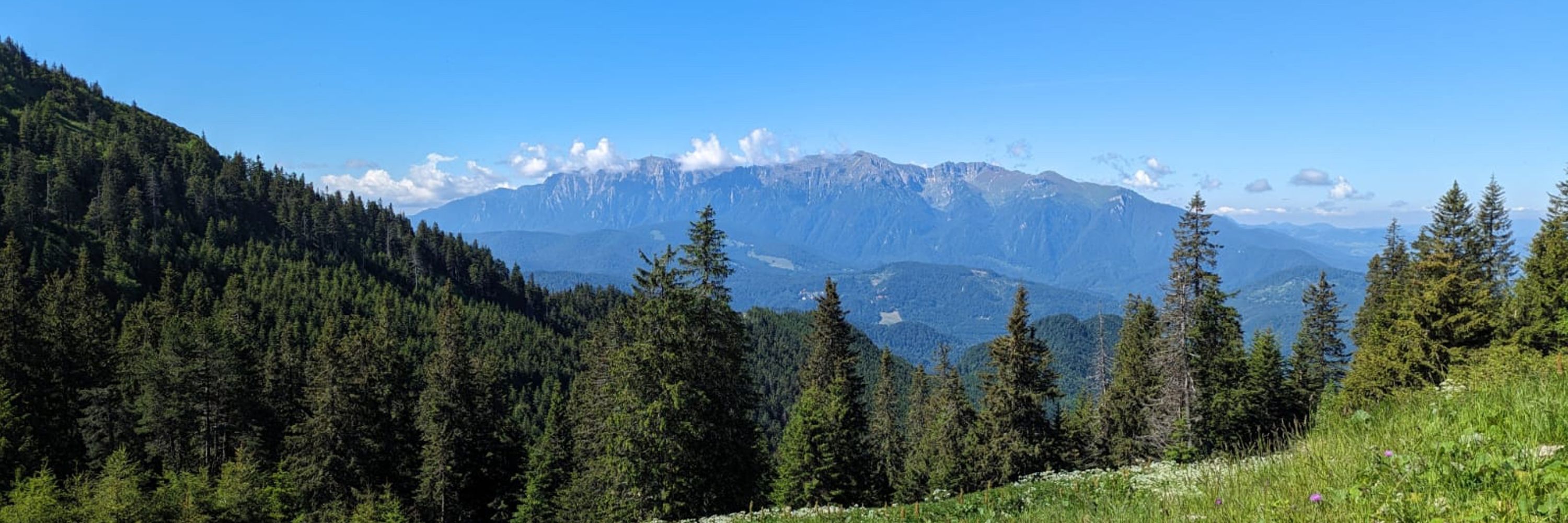


We continue to show the value of structural MRI beyond simply measuring large-scale atrophy!
Read here: ow.ly/1NvV50XkXnX
We continue to show the value of structural MRI beyond simply measuring large-scale atrophy!
Read here: ow.ly/1NvV50XkXnX
In my Journal Club piece for @natrevpsychol.nature.com, I summarize the Controlled Semantic Cognition Framework by Lambon Ralph et al. — a leading model of how the brain represents and flexibly applies semantic knowledge.
👉🏼 rdcu.be/eE31i
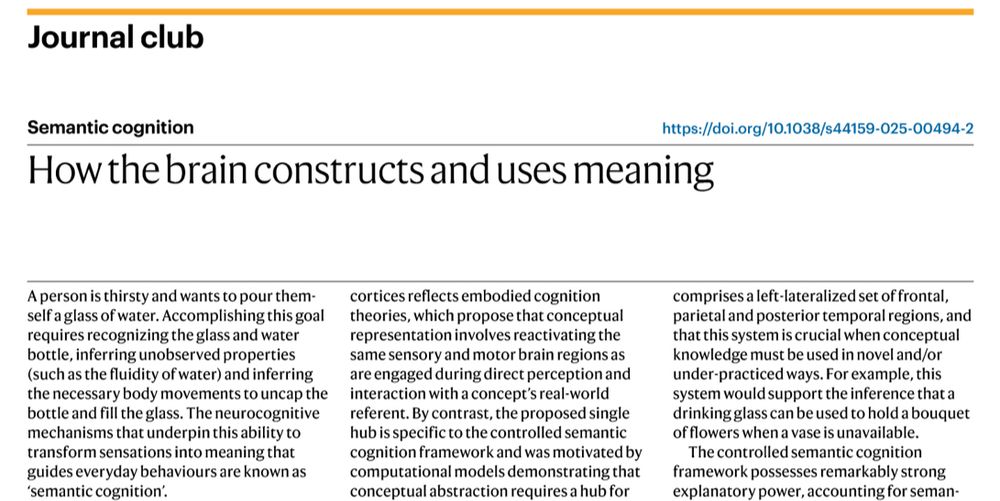
In my Journal Club piece for @natrevpsychol.nature.com, I summarize the Controlled Semantic Cognition Framework by Lambon Ralph et al. — a leading model of how the brain represents and flexibly applies semantic knowledge.
👉🏼 rdcu.be/eE31i
rdcu.be/eCGr7
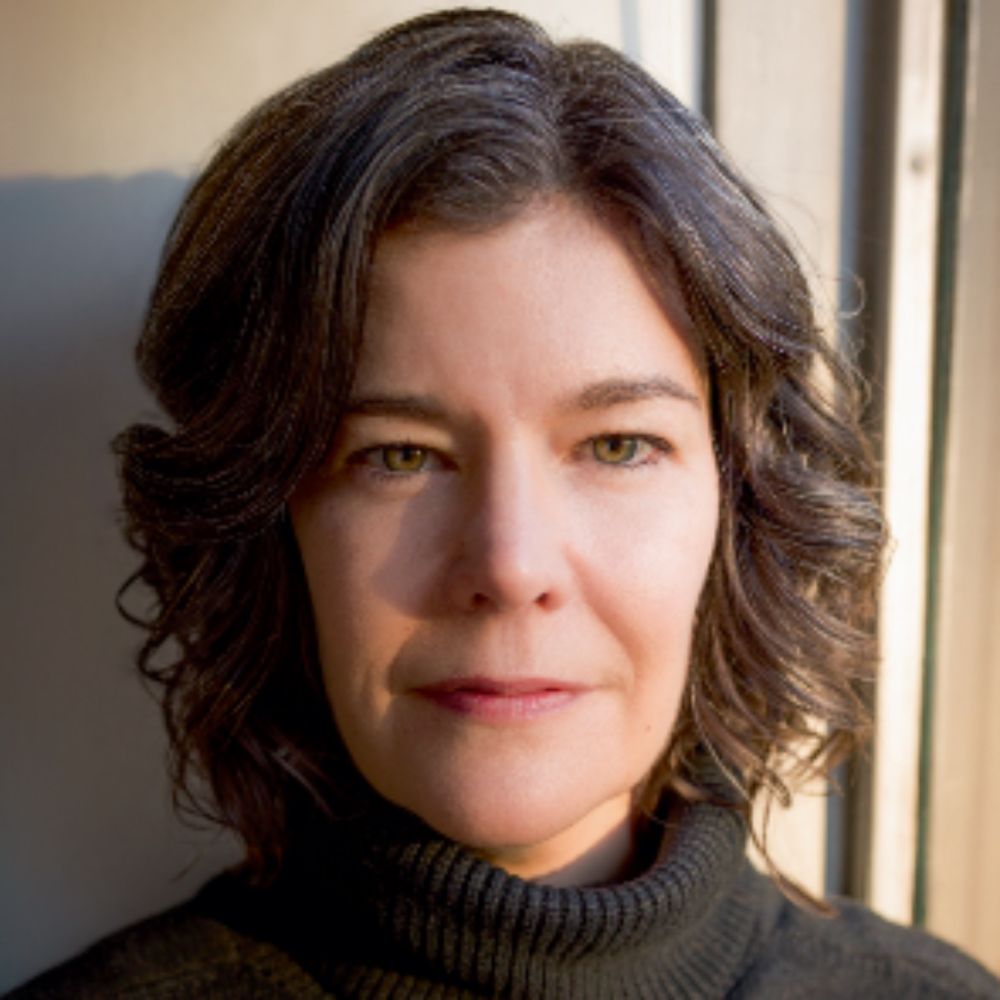
rdcu.be/eCGr7
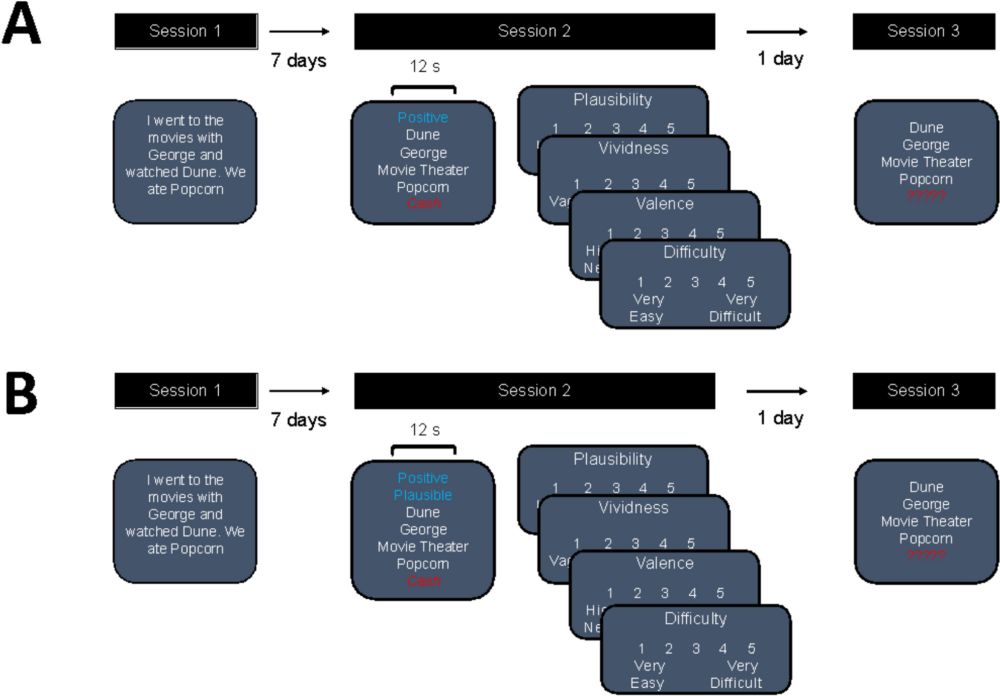
Multiple roles are available, with nominations reviewed in rolling rounds through October. ossig.netlify.app/elections/



Multiple roles are available, with nominations reviewed in rolling rounds through October. ossig.netlify.app/elections/
📄🔗Link: rdcu.be/eyqvn
📄🔗Link: rdcu.be/eyqvn
“Top-down and bottom-up neuroscience: overcoming the clash of research cultures”
www.nature.com/articles/s41...
Looking for ways to better understand different neuroscientific perspectives and enable productive collaborations
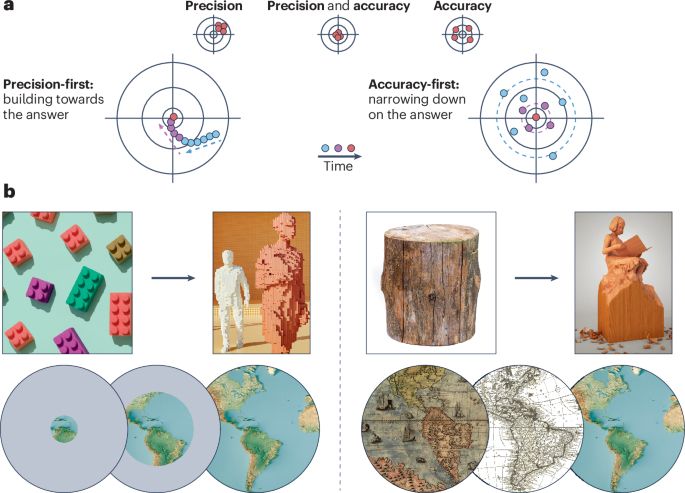
“Top-down and bottom-up neuroscience: overcoming the clash of research cultures”
www.nature.com/articles/s41...
Looking for ways to better understand different neuroscientific perspectives and enable productive collaborations
We found that even without conscious imagery (aphantasia), people still simulate sensorimotor info when processing language. 💭🔤
We found that even without conscious imagery (aphantasia), people still simulate sensorimotor info when processing language. 💭🔤
The Network Correspondence Toolbox (NCT) brings consistency to neuroimaging by aligning findings across atlases. A big leap toward reproducible brain science! @lucinauddin.bsky.social
www.ohbm-com.com/brain-bites/...
#OHBM2025 #BrainBites #neuroscience
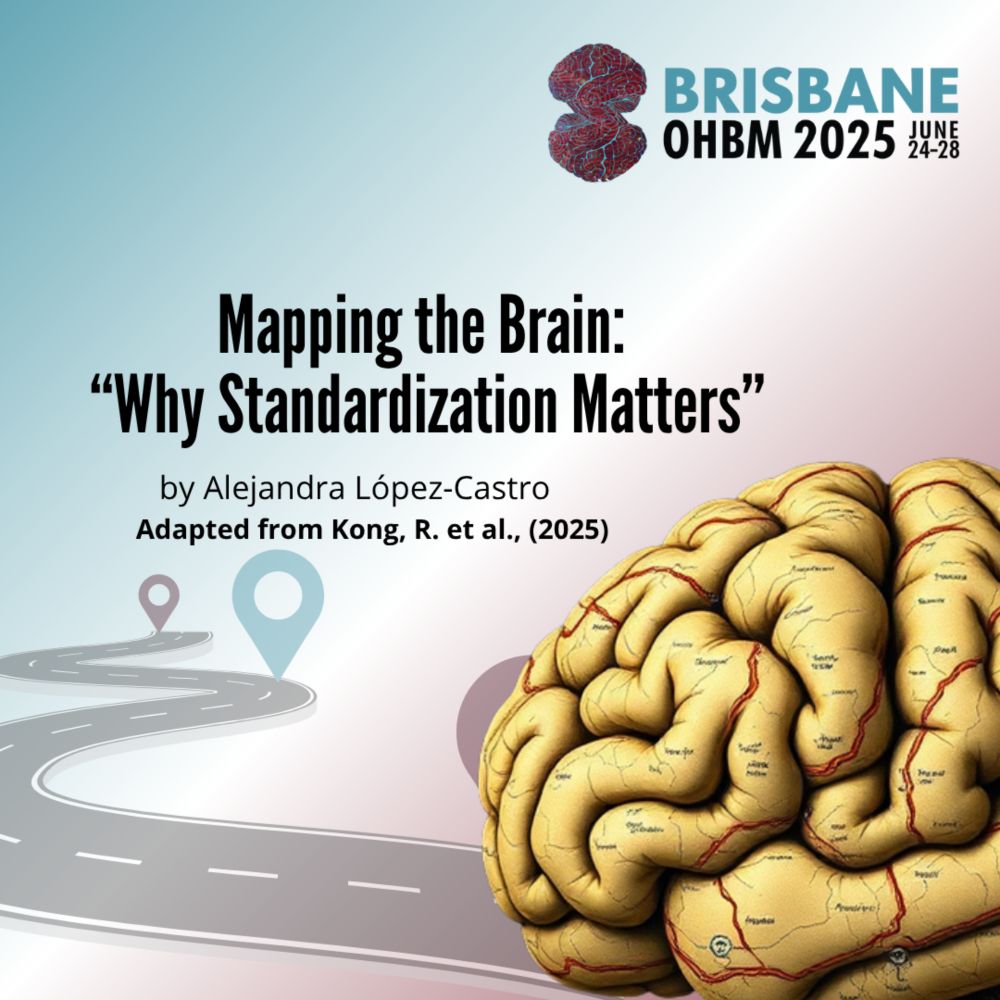
The Network Correspondence Toolbox (NCT) brings consistency to neuroimaging by aligning findings across atlases. A big leap toward reproducible brain science! @lucinauddin.bsky.social
www.ohbm-com.com/brain-bites/...
#OHBM2025 #BrainBites #neuroscience
Amazing to see the work the team has been doing since I graduated in 2023—still raising the bar for neuroimaging in Wales and beyond! 🚀
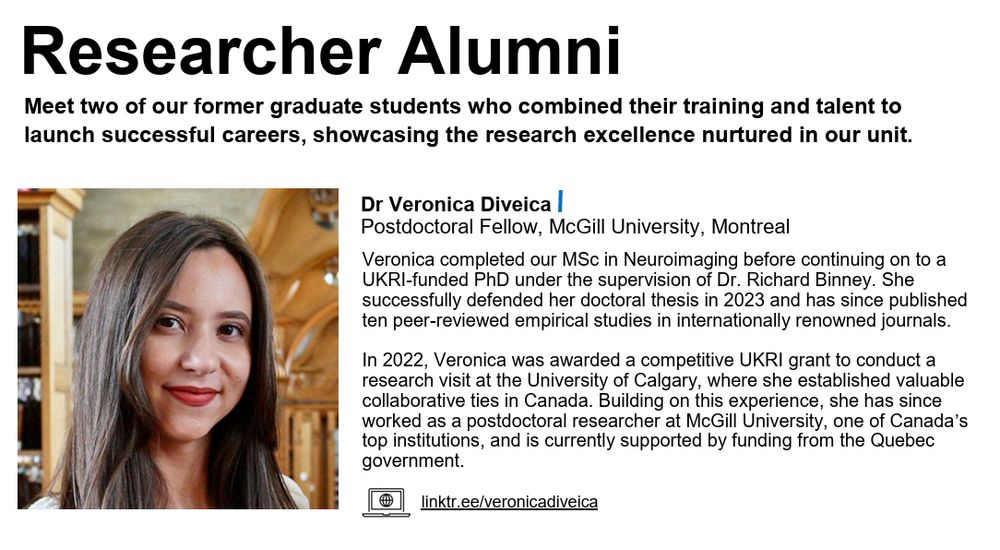
Amazing to see the work the team has been doing since I graduated in 2023—still raising the bar for neuroimaging in Wales and beyond! 🚀
Rewarding #OpenScience in neuroscience - the Tanenbaum Open Science Institute
💡 $80K Main Prize
🎓 $10K Intl. Trainee Prize
🍁 $5K Canadian Trainee Prize
🔗 www.mcgill.ca/neuro/open-s...)
🗓️ Aug 15
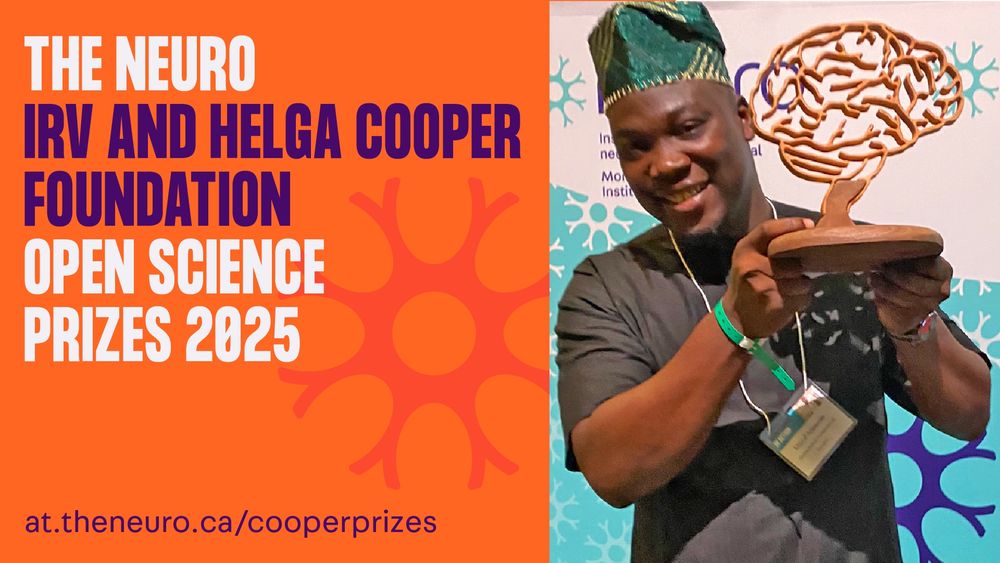
Rewarding #OpenScience in neuroscience - the Tanenbaum Open Science Institute
💡 $80K Main Prize
🎓 $10K Intl. Trainee Prize
🍁 $5K Canadian Trainee Prize
🔗 www.mcgill.ca/neuro/open-s...)
🗓️ Aug 15


Abstract words are hard to acquire: Does social relevance help?
We tested if social experience helps children learn words—analyzing >4,000 words by socialness, valence, and concreteness.
👬 More social words were learned earlier
💭 Socialness particularly helped abstract words, but…
Abstract words are hard to acquire: Does social relevance help?
We tested if social experience helps children learn words—analyzing >4,000 words by socialness, valence, and concreteness.
👬 More social words were learned earlier
💭 Socialness particularly helped abstract words, but…
Our opening editorial, plus further information and guidance for authors can be found here:
www.sciencedirect.com/special-issu...
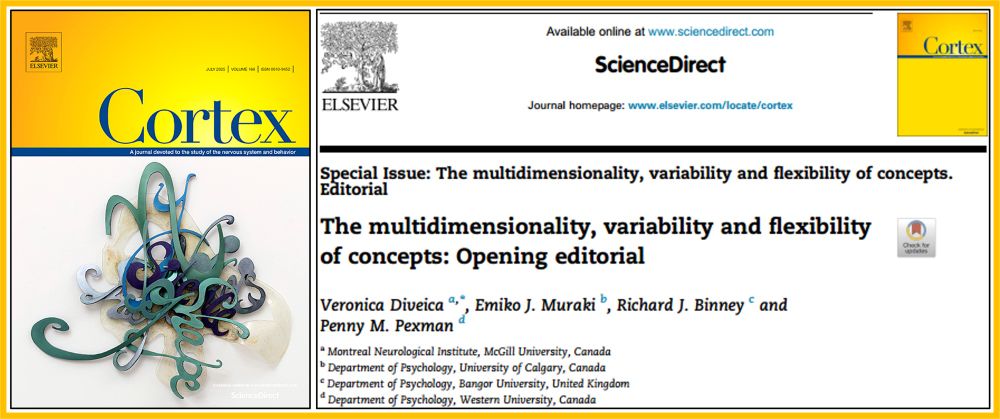
Our opening editorial, plus further information and guidance for authors can be found here:
www.sciencedirect.com/special-issu...
Register here: docs.google.com/forms/d/1vuF...
Information on this year's Mentors is available here: www.ohbmtrainees.com/lunch-with-m...

Register here: docs.google.com/forms/d/1vuF...
Information on this year's Mentors is available here: www.ohbmtrainees.com/lunch-with-m...

We’re running a Neurodesk workshop on reproducible, portable neuroimaging workflows.
📅 21 June
🌐 Learn, hack, and contribute! 💻🌏
🔗 ohbm.github.io/hackathon202...
#Neurodesk #Brainhack2025 #Neuroimaging #OpenScience
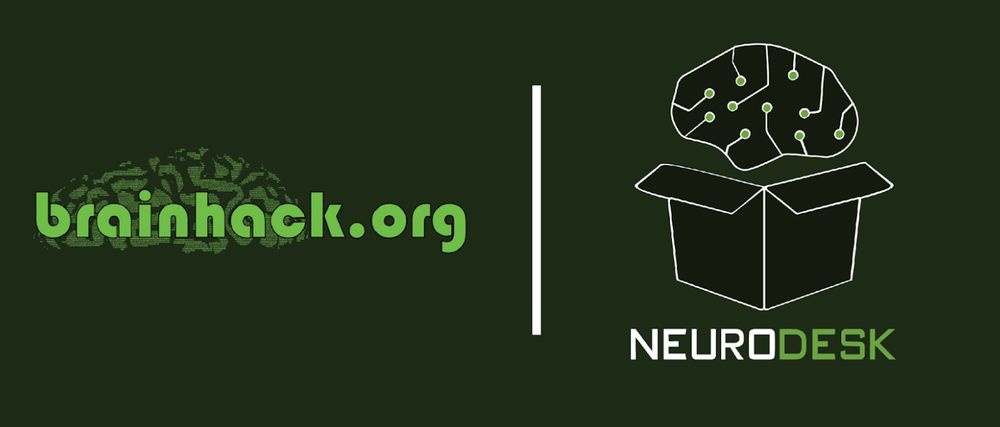
We’re running a Neurodesk workshop on reproducible, portable neuroimaging workflows.
📅 21 June
🌐 Learn, hack, and contribute! 💻🌏
🔗 ohbm.github.io/hackathon202...
#Neurodesk #Brainhack2025 #Neuroimaging #OpenScience
Semantic memories carry a trace of how they were last accessed, detectable during later recognition. www.biorxiv.org/content/10.1...
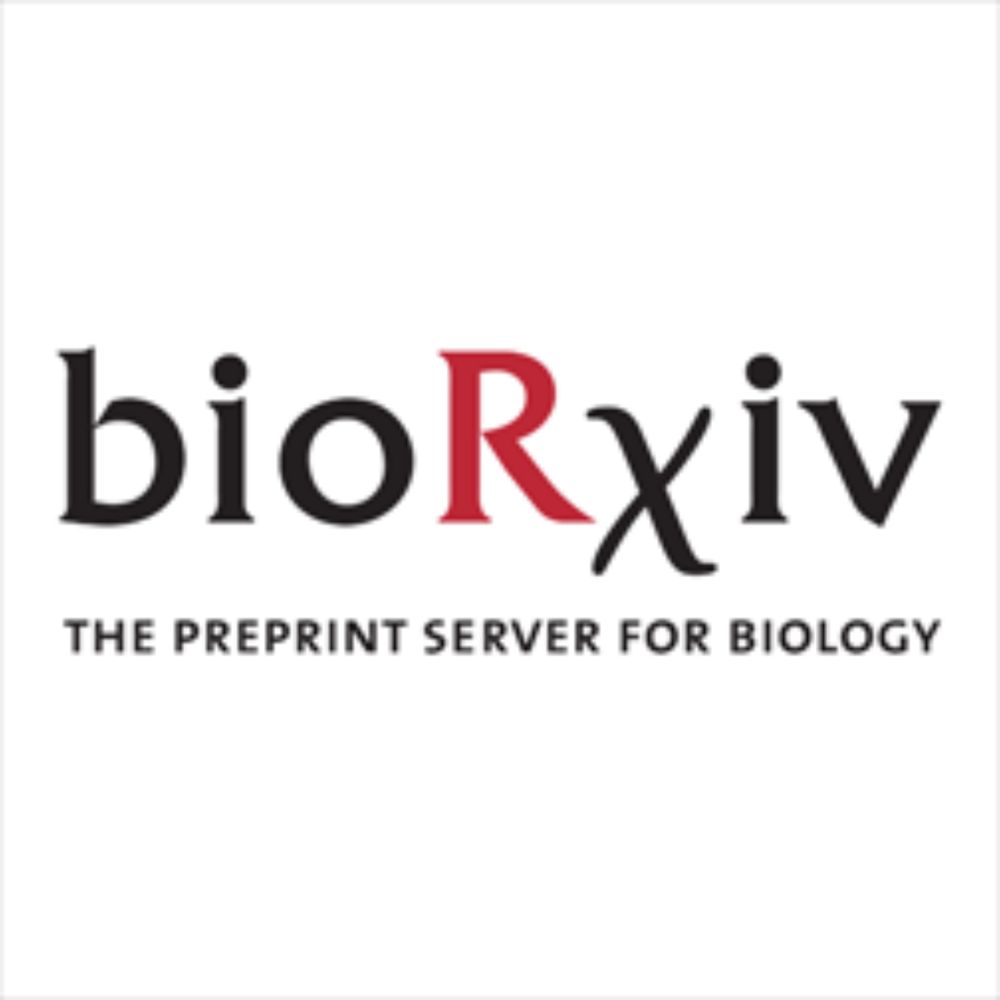
Semantic memories carry a trace of how they were last accessed, detectable during later recognition. www.biorxiv.org/content/10.1...

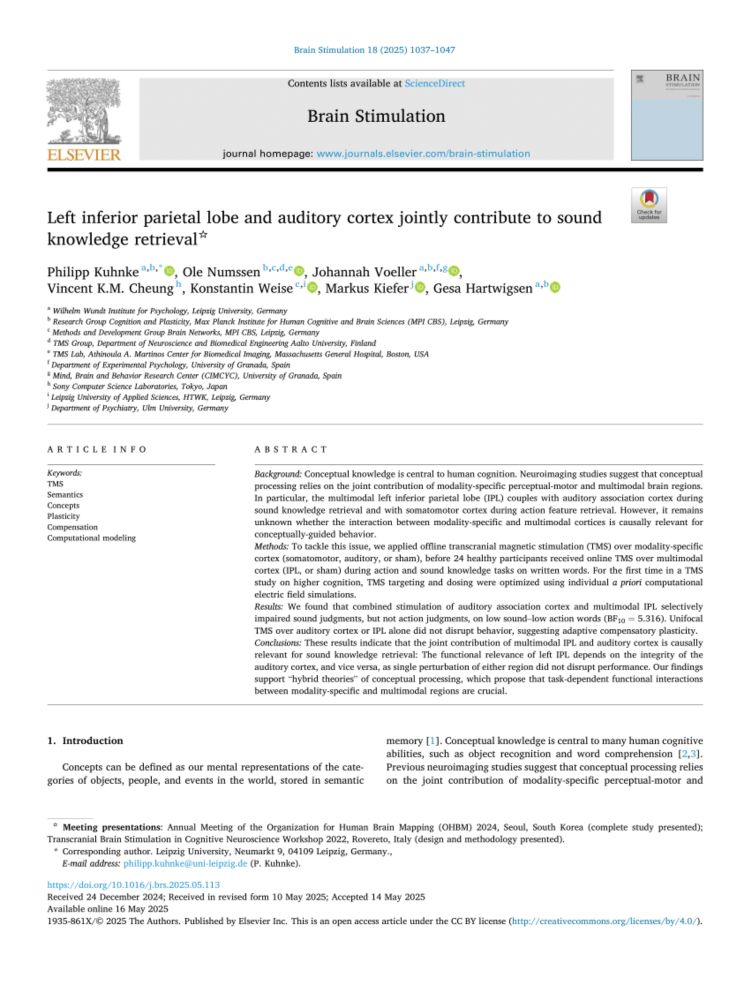
In it, I argue that impression formation is fundamentally a learning process. And as such, theories of impression formation should be based on mechanisms of learning and memory.
Some key take-aways:
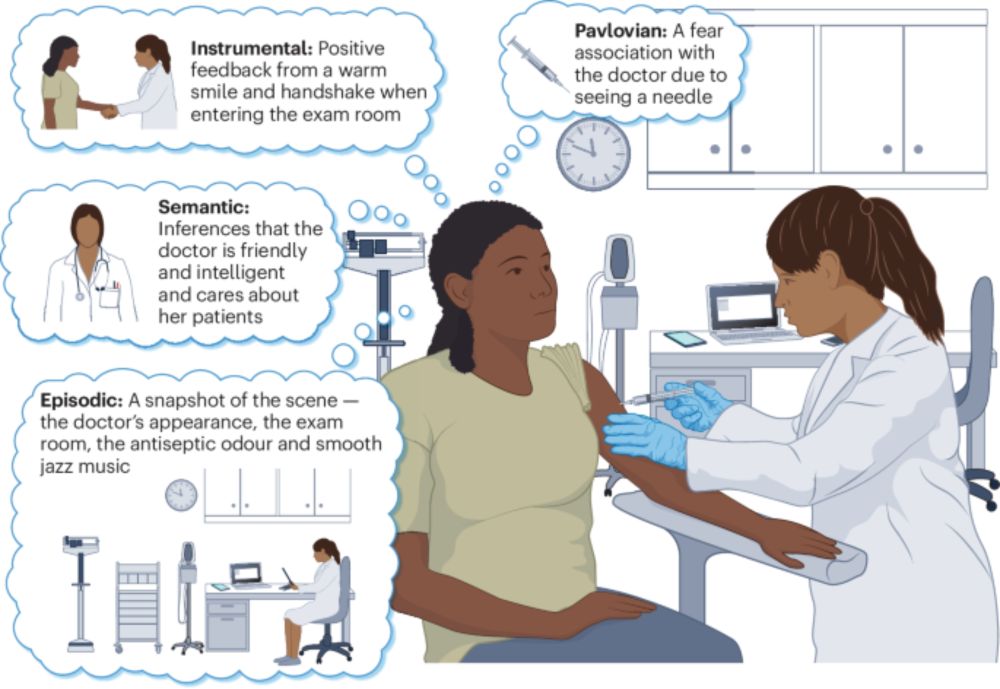
In it, I argue that impression formation is fundamentally a learning process. And as such, theories of impression formation should be based on mechanisms of learning and memory.
Some key take-aways:
We're accepting entries for *two in-person science communication competitions* at the annual meeting:
📊 A Best Figure Competition
🗣️ 3-Minute Chalk Talk Competition
⭐ See here for more details, or to sign up for one or both competitions:
forms.gle/1X9ccz2vpsRQ...
We're accepting entries for *two in-person science communication competitions* at the annual meeting:
📊 A Best Figure Competition
🗣️ 3-Minute Chalk Talk Competition
⭐ See here for more details, or to sign up for one or both competitions:
forms.gle/1X9ccz2vpsRQ...


